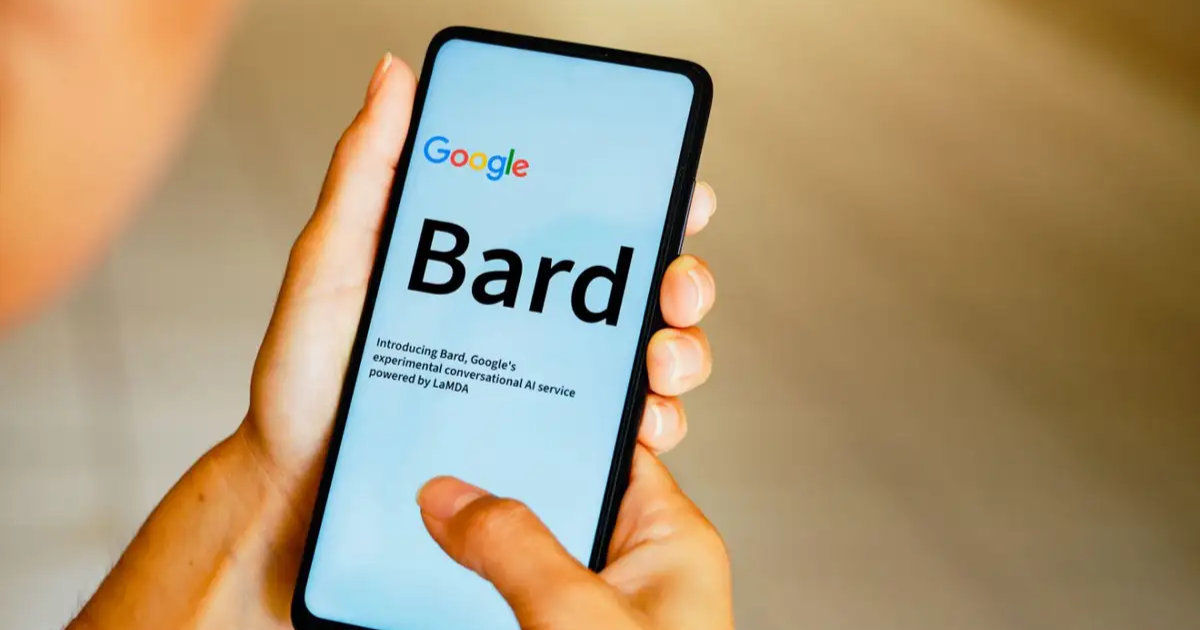In a move aimed at challenging the dominance of OpenAI’s ChatGPT, Google has announced the availability of its AI chatbot, Bard, in over 180 countries. The tech giant has also introduced a host of new features to enhance the user experience and solidify its position in the AI chatbot landscape.
Google initially unveiled Bard in March as a direct competitor to ChatGPT, which has gained significant recognition for its impressive ability to generate comprehensive and human-like responses to prompts. Since its launch, Bard has generated considerable interest among tech enthusiasts, leading to inevitable comparisons with ChatGPT.
During the developers’ conference on May 10, Google officially made Bard accessible to users worldwide and introduced a range of updates to ensure it remains at the forefront of AI chatbot technology. Bard is available for free and can be accessed through the website https://bard.google.com/.
Now that both Bard and ChatGPT are available, let’s explore how Google’s chatbot is surpassing OpenAI’s creation.
One significant advantage Bard holds over ChatGPT is its access to the internet. While ChatGPT does not have default internet access, Bard is equipped with it, granting the chatbot an edge in terms of information retrieval and comprehensive responses. Bard’s training dataset includes a vast collection of text and code, incorporating internet-sourced information. Consequently, Bard can provide informative and detailed answers, including the latest news and information from the web.
During our trial, we asked Bard to display the top news of the day. While it provided a list of top developments, it should be noted that some news items were not entirely accurate. It is important to keep in mind that Bard is still in an experimental phase. Google includes a disclaimer beneath the text input box stating that Bard may present inaccurate or offensive information that does not represent the views of Google.
Another significant advantage Bard possesses is mobile accessibility. ChatGPT lacks a dedicated mobile version, although users have been accessing it through mobile browsers. Google, on the other hand, plans to integrate Bard into various Google apps and services, making it easily accessible to smartphone users.
While Bard’s mobile integration is forthcoming, its widespread availability and internet access provide Google with a strong foothold in the AI chatbot market. As both companies continue to enhance their offerings, the competition between Bard and ChatGPT is set to shape the future of AI-powered conversational agents.



![[CITYPNG.COM]White Google Play PlayStore Logo – 1500×1500](https://startupnews.fyi/wp-content/uploads/2025/08/CITYPNG.COMWhite-Google-Play-PlayStore-Logo-1500x1500-1-630x630.png)